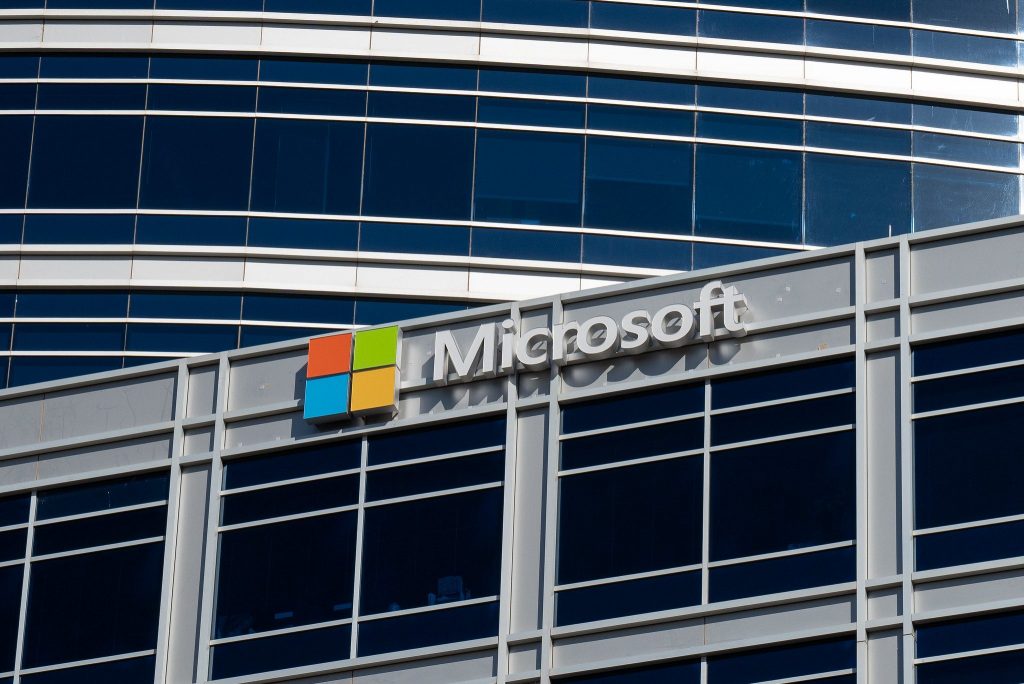Skift Take
Corporate travel is barreling down an uncertain road to a facelift that could strip it down to essential business by the time the travel sector gets to the other side of its coronavirus rebound.
The recovery timelines for post-pandemic corporate travel are as believable as readings from a crystal ball, said the travel directors at major tech companies including Microsoft and Twitter Wednesday at Skift Global Forum.
Travel analysts generally project the return of business transient travel will arrive upon the widespread distribution of a vaccine. The sector is already returning in China, and business travel is expected to revive in the U.S. sometime ahead of the expected full hotel recovery in 2024, the thinking goes.
But travel planners aren’t buying even that glimmer of recovery optimism, instead they are pondering the ways business travel will be reimagined through new ways of thinking, breaking down corporate stasis, and, of course, new technologies.
“The inherent way we do business is changed forever,” said Eric Bailey, global director of travel at Microsoft, during a panel moderated by Skift Corporate Travel Editor Matthew Parsons. “When are the demand and budgets going to come back? Those are the longer-term challenges we need to look at.”
Travel is still down 95 percent at Microsoft, even with China on track to fully recover as early as next year. The heavy plummet weighs considerably on the company, as it took 10 years to return from the 2009 financial collapse — and that was “only” a 40 percent drop in travel, Bailey said.
The pandemic recovery timeline is even murkier due to continued flare-ups of the virus around the world and lack of containment in markets like the U.S.
“I think when all this started the biggest question was when it was going to end and when was there going to be a vaccine,” said Bex Deadman, managing director at Blue Cube Travel. “It didn’t seem conceivable that, by September, people still wouldn’t be traveling.”
Blue Cube Travel now expects a 70 percent drop in corporate travel extending to September of 2021, even though initial expectations were the pandemic would largely be a thing of the past by the summer of 2020.
“We started off in March thinking, by September, we’ll be back,” said Judy Emma, senior manager of global travel at Twitter. “Now we’re looking into next year, maybe by the middle of next year.”
Twitter, like many companies, still has a global travel ban and only permits business-critical travel when it impacts the company directly. The return of travel largely hinges on a vaccine, Emma said.
Other companies expect a long-term relationship with the pandemic and their ability to book corporate travel.
“I’m not saying it’s going to take 25 years to recover,” Bailey added. “But it’s going to be around for a while, and even bigger for that are going to be the changes for the industry.”
Changing the Business of Meetings
Corporate and business transient travel remains a major uncertainty in hotel and airline forecasting models. But many hotel companies are rolling with the idea that the uncertain timeline of when people will return en masse to their offices could be a fruitful short-term revenue stream.
Companies from MGM Resorts International to Mandarin Oriental have rolled out work-from-hotel packages and day-stay programs to appeal to guests wanting somewhere to work away from home and get the amenities of a hotel.
Others are appealing to host meetings at a hybrid scale, with a mix of in-person attendees as well as those attending virtually. Hilton’s EventReady with CleanStay program already does this, but general industry sentiment is that hybrid meetings are likely a long-term trend for events.
But there is uncertainty in how successful the programs can be, and what their longevity would be post-pandemic.
“I think it remains to be seen,” Emma said. “I think it’s going to be important to develop something that can take us to the future and be able to have those meetings, but how to do it is the question.”
It’ll Come Back — Just Don’t Ask When
Despite the less-than-rosy outlook on a near-term recovery for corporate travel, the experts generally expect businesses to get back on the road. Some may even do it out of necessity because they gave up their offices.
“Travel is going to come back, but it will be the important, essential, and high [return on investment] travel,” said Clayton Nelson, head of strategy and business development at Egencia.
While there is debate around how much companies will rely on online platforms like Zoom in place of physical meetings and business travel, Bailey thinks the legacy of the pandemic will be to conduct more content-geared meetings remotely via digital platforms and use in-person meetings solely for building relationships.
That kind of travel could ultimately provide more value.
“Meeting in a corporate suburban office isn’t that great,” Bailey said. “Meeting in a café in Paris and going to a museum the weekend before? Those are the things where you learn a lot.”
The Daily Newsletter
Our daily coverage of the global travel industry. Written by editors and analysts from across Skift’s brands.
Have a confidential tip for Skift? Get in touch
Tags: coronavirus, coronavirus recovery, egencia, microsoft, sgf2020, skift global forum, twitter, videos
Photo credit: Corporate travel will look a lot different by the time it recovers in years — if not decades — from now, said travel directors of companies like Twitter and Microsoft. Tony Webster / Flickr
